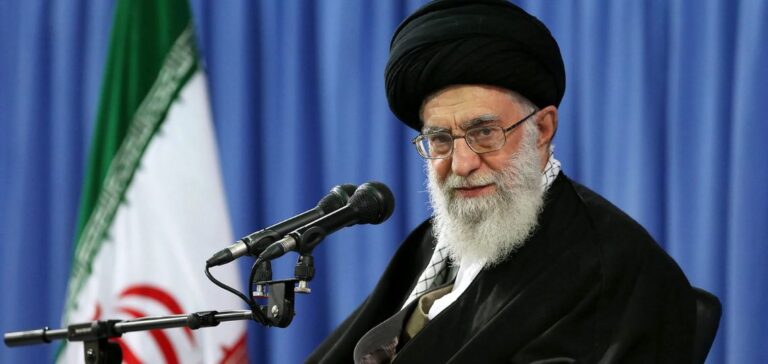Iran is committing $13 billion to six oil fields, despite existing US sanctions. This move, aimed at increasing production by almost 400,000 barrels a day, symbolizes Tehran’s firm determination to strengthen its energy and economic autonomy.
Significant economic benefits
According to Javad Owji, Minister for Petroleum, this major investment could generate an additional $15 billion in annual revenues. These contracts, the largest in ten years, mark a significant step in the revitalization of the Iranian oil industry, given the lack of investment and international restrictions. This investment comes at a time when domestic production, reduced to its lowest level in 2020 as a result of sanctions, is beginning to recover, thanks in particular to exports to China. It has also strengthened its ties with Russia, which is also under sanctions.
Financial and operational autonomy
Owji emphasized Iran’s objective of not depending on foreign financing or companies to carry out these projects. This independence reflects Iran’s aim to bypass the obstacles imposed by the international community and move towards self-sustained growth. The focus is also on the development of the Azadegan field, essential to the national oil production strategy.
The gas sector also in the firing line
At the same time, Iran is investing in the development of the South Pars gas field, the largest in the world, which it shares with Qatar. With a budget of $20 billion, this program aims to consolidate Iran’s position as the world’s leading gas producer, despite the challenges posed by sanctions and international competition.
Iran’s move reflects its desire to strengthen its energy sovereignty and assert itself on the international stage. Despite the sanctions, the country is seeking to optimize its natural resources to bolster its economy and assert its role as a regional power. The resumption of production and new investments could change the dynamics of the global oil market, posing new challenges for international energy and economic policies.






















